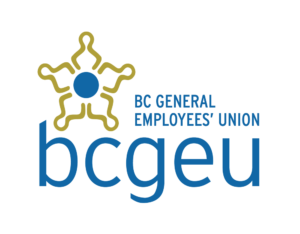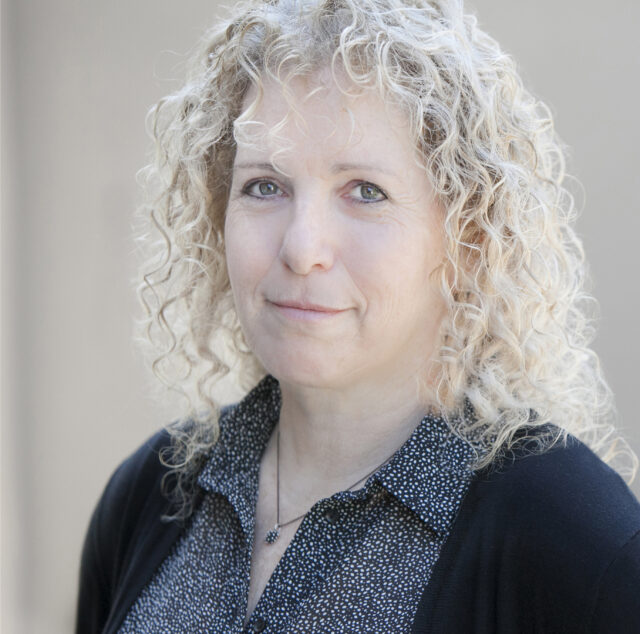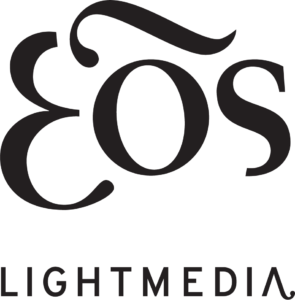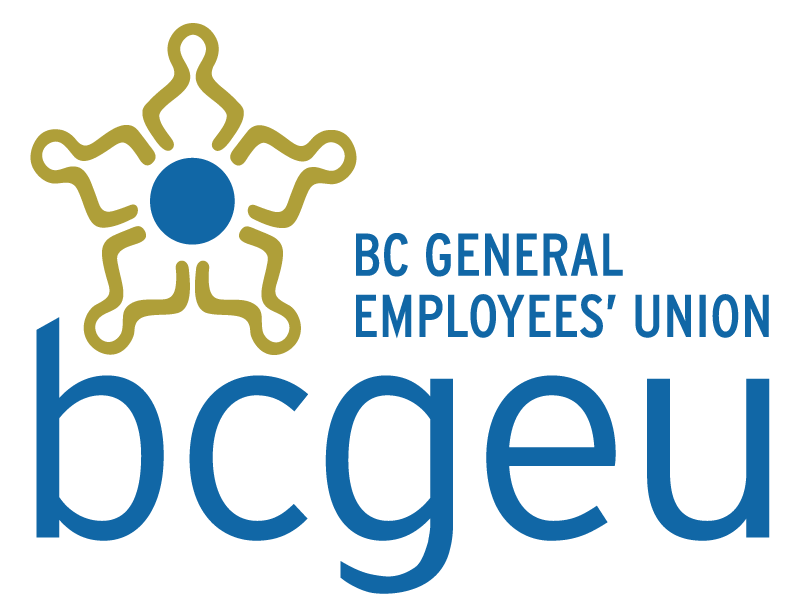Heritage BC & BCMA
SCHEDULE | ACT I JOINT CONFERENCE
May 4, 11 & 18, 2022
Act I of the Joint Conference brought together the culture and heritage sector in the virtual space for three days of conversation about breaking silos, stepping up as leaders in our communities, and recognizing our roles in decolonization.
Takeaways from the first part of the conference included building strategies to make allies in local government, how to turn advocacy into leadership, and helping your communities address difficult histories. We look back on thought-provoking discussions and collaboration that brought together museums, galleries, heritage sites, local governments, science centres, and Indigenous cultural organizations.
Act II in November will pick up where we left off and continue the conversations in person. Stay tuned for more details!
Explore the following themes from Act I:
May 4: Collaboration
Whether fighting against climate change, making steps towards truth and reconciliation, or recovering from the COVID-19 pandemic, our sector is strongest when we work together. Join colleagues from across the province to discuss strategies for successful and lasting collaboration. Break down silos, build meaningful relationships, and explore strategies for finding allies to create change.
Opening Remarks
9:30 AM PT
Miranda Jimmy
Learn about Miranda Jimmy
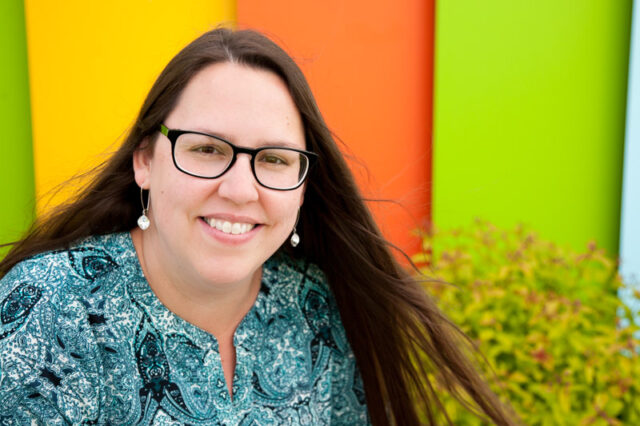 Miranda Jimmy is a passionate Edmontonian and member of Thunderchild First Nation. She is a community connector and fierce defender of truth. Miranda is committed to the spirit and intent of the Treaty relationship and finds ways each day to demonstrate to others what this looks like.
Miranda Jimmy is a passionate Edmontonian and member of Thunderchild First Nation. She is a community connector and fierce defender of truth. Miranda is committed to the spirit and intent of the Treaty relationship and finds ways each day to demonstrate to others what this looks like.
Miranda’s professional life has focused on contributing to her community in a variety of ways. She has training in arts and cultural management, conflict resolution and negotiation, and communications. She has made a career in the arts and heritage sector, working with many different non-profit organizations, nations, governments, and private businesses. Currently, Miranda works remotely for the National Trust for Canada part time along with managing a variety of other heritage projects and contracts.
Most of the time, Miranda can be found online sharing her thoughts and amplifying the experiences of Indigenous Peoples on Twitter @TheMirandaJimmy and on her blog at MirandaJimmy.com.
Weaving Our Stories Together
In this talk, Kamala Todd, a Métis-Cree filmmaker, community planner, and Indigenous cultural heritage specialist will share thoughts on decolonizing heritage, building relationships and healing, with examples of her own learning and work on Musqueam, Squamish, and Tsleil-Waututh territories. Some topic areas will include UNDRIP, MOUs and co-management agreements, rethinking commemoration, and honouring Indigenous people’s self-determination.
Learn about Kamala Todd
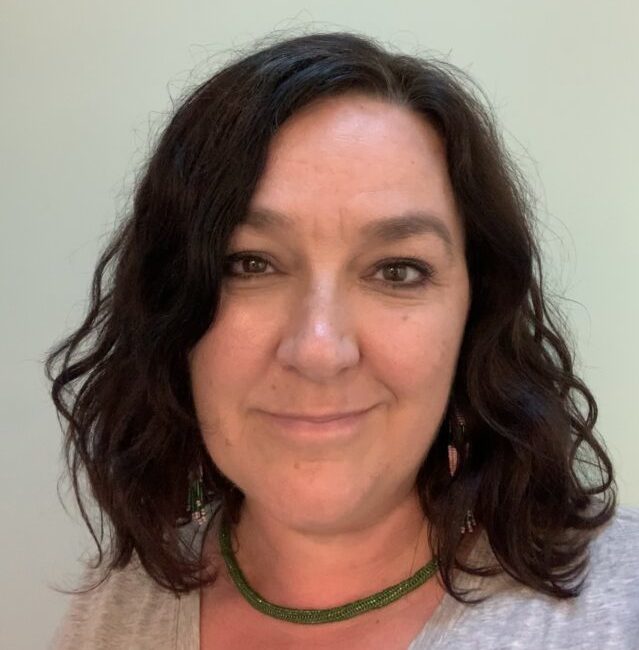 Kamala Todd is a Métis-Cree mother, community planner, curator, and filmmaker born and raised in the beautiful lands of the hən̓q̓əmin̓əm̓ and Skwxwú7mesh-speaking people (aka Vancouver). She is adjunct professor at SFU Urban Studies and UBC SCARP. She was the City of Vancouver’s first Indigenous Arts and Culture Planner. Her film credits include Welcome to Our Homelands, Cedar and Bamboo, RELAW: Living Indigenous Laws, and Indigenous Plant Diva. She advises local governments and other organizations on decolonizing with a focus on planning, heritage, public art, education, and other areas of systemic colonialism.
Kamala Todd is a Métis-Cree mother, community planner, curator, and filmmaker born and raised in the beautiful lands of the hən̓q̓əmin̓əm̓ and Skwxwú7mesh-speaking people (aka Vancouver). She is adjunct professor at SFU Urban Studies and UBC SCARP. She was the City of Vancouver’s first Indigenous Arts and Culture Planner. Her film credits include Welcome to Our Homelands, Cedar and Bamboo, RELAW: Living Indigenous Laws, and Indigenous Plant Diva. She advises local governments and other organizations on decolonizing with a focus on planning, heritage, public art, education, and other areas of systemic colonialism.
@indigenouscitymedia
@KamJasTodd
Government Partnerships & Advocacy Panel
11:15 – 12:30 PM PT
How to build successful culture and heritage organization partnerships with local governments and advocate for your institution within a municipal context.
This panel will feature examples from big and small locales across the province, and include provincial and municipal level partnerships. Hear about lessons learned from the government and non-for-profit sides of collaborative work in conserving heritage, uplifting marginalized community history and more.
Panelists:
Charlayne Thornton-Joe, City of Victoria Councillor
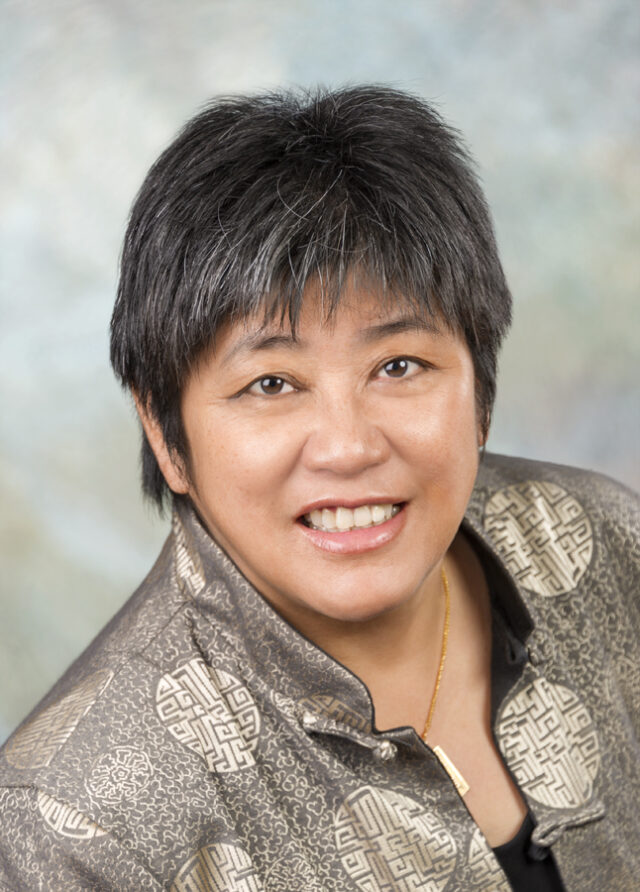 Charlayne Thornton-Joe is a third generation Victorian. She attended University of Victoria where she received her Bachelor of Arts degree in Pacific and Asian Studies. Before being elected to Council, she was employed in the hospitality industry since 1979.
Charlayne Thornton-Joe is a third generation Victorian. She attended University of Victoria where she received her Bachelor of Arts degree in Pacific and Asian Studies. Before being elected to Council, she was employed in the hospitality industry since 1979.
As a part of City Council, Charlayne is a committee member for Victoria Civic Heritage Trust and Victoria Heritage Foundation. She also served the Chinese community in various roles. She was a director on the Chinese Consolidated Benevolent Association and member of the Victoria Chinatown Lioness, serving four terms as President. She currently is a member of the the Chinese Freemasons and a new club called The Jade Phoenix Club.
Mayor Suzan Hewat, Village of Kaslo
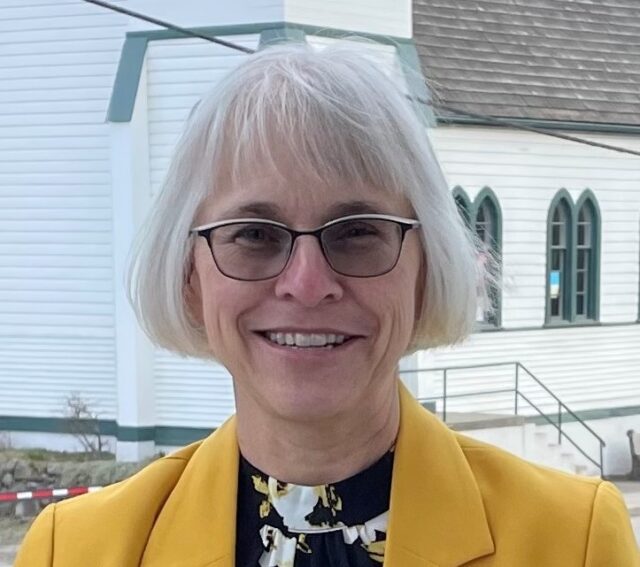 Suzan has lived Kaslo for over 40 years and is in her 2nd term as Mayor and in her 17th year on Council. In addition to her role as Mayor, she has worked full time as an accounting technician for the past 20 years. She is the Regional District representative, Chair of the West Kootenay-Boundary Regional Hospital District and a committee member on the Federation of Canadian Municipalities.
Suzan has lived Kaslo for over 40 years and is in her 2nd term as Mayor and in her 17th year on Council. In addition to her role as Mayor, she has worked full time as an accounting technician for the past 20 years. She is the Regional District representative, Chair of the West Kootenay-Boundary Regional Hospital District and a committee member on the Federation of Canadian Municipalities.
As a member of the City Hall Restoration Committee, Suzan helped raised funds to renovate the deteriorating City Hall, one of Kaslo’s two National Historic sites. It took over 10 years but in 2018, the renovations were completed in time for Kaslo’s 125th birthday. As Mayor, Suzan works to ensure that Kaslo’s heritage values are represented in their downtown Heritage Zone. She is currently a member of the Events Committee which has been celebrating Heritage Week over the past 2 years virtually by showcasing the many heritage assets in the area.
Suzan manages Kaslo Now the popular local Facebook page dedicated to sharing Kaslo’s history.
Tracy Calogheros, The Exploration Place
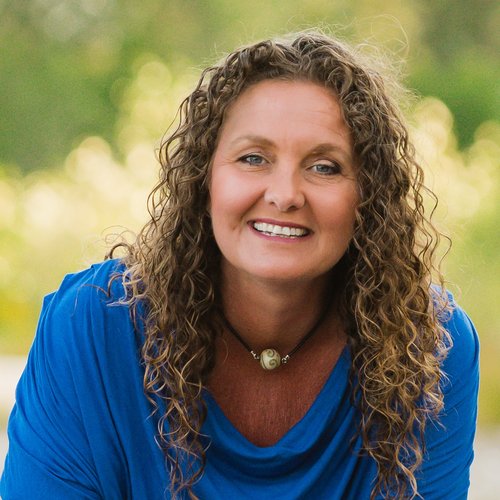 Chief Executive Officer, The Exploration Place
Chief Executive Officer, The Exploration Place
Since 2003 Tracy Calogheros has served as the CEO for the Exploration Place Museum + Science Centre on the traditional and unceeded territories of the Lheidli T’enneh Nation in what is today known as Prince George. Working in the industry since 1994, Tracy came to the museum with a love of biology and background in fine art and has spent her career exploring the synergies between the two. Currently serving as the Vice President of the Association of Science Museum Directors, Past President for The Canadian Association of Science Centres, and on the Boards for the Association of Science + Technology Centres and the Fraser Basin Council, Tracy’s roles have largely centred on advocacy, government relations and governance.
Moderated by:
Stephanie Halapija, Gulf of Georgia Cannery
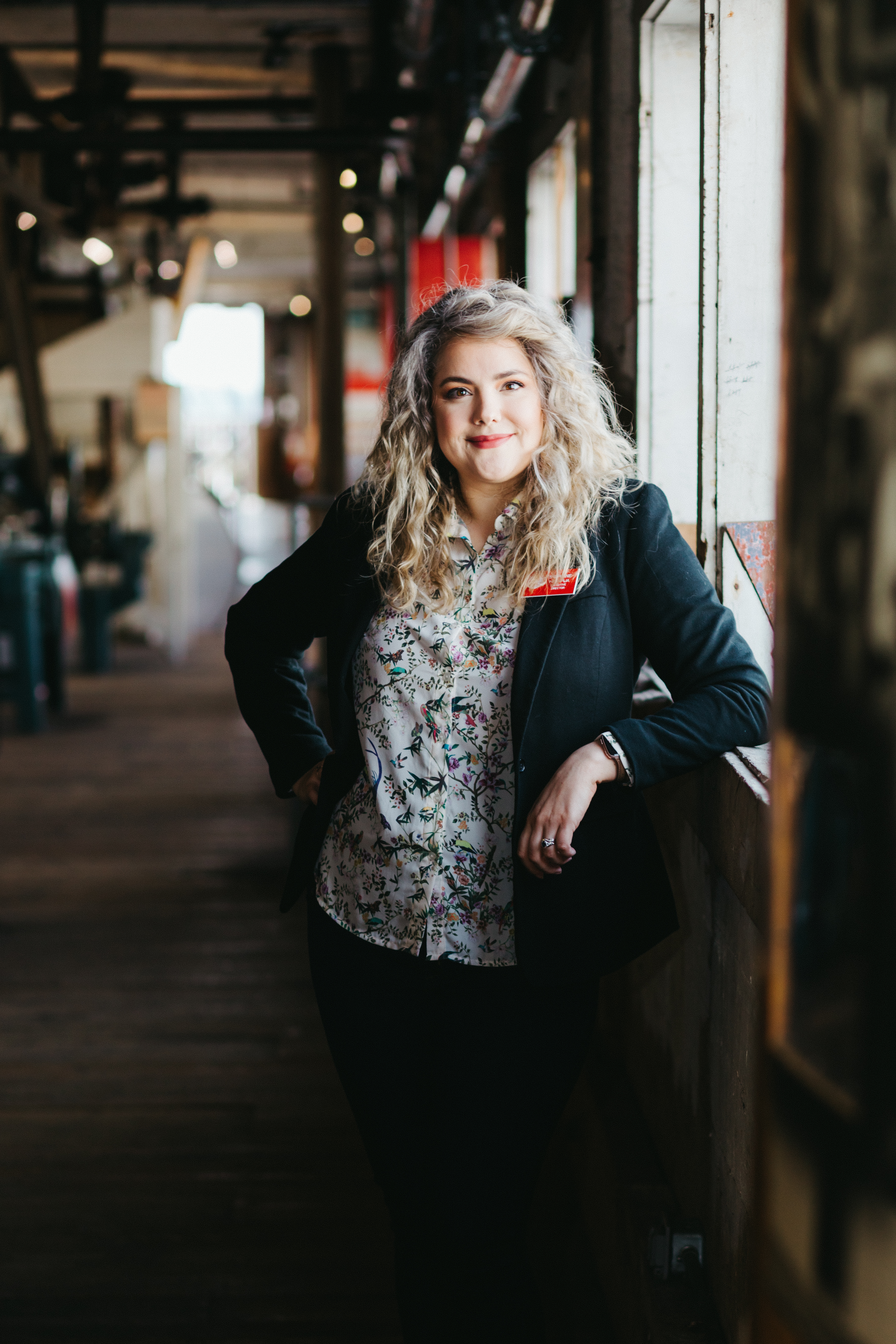 Executive Director, Gulf of Georgia Cannery
Executive Director, Gulf of Georgia Cannery
Stephanie Halapija is the Executive Director of the Gulf of Georgia Cannery located in the historic village of Steveston in Richmond, British Columbia. Formally the Director and Curator of the Nisga’a Museum (Nass Valley, northwest B.C.), Stephanie moved to B.C. six years ago to take up the Directorship of the Nisga’a Museum, following her passion for museum administration and leadership, curatorial work, and Indigenous social issues. Stephanie is enthusiastic about the role of museums in the shifting cultural landscape of the Province and the Country, bringing awareness to the importance of the Arts and Culture industry, and the power museums carry to create lasting social change.
Emergency Preparedness & Resilience Roundtable
1:00 – 2:30 PM PT
How to collaborate on emergency preparedness and find partners within your community to become more resilient. The panelists will highlight examples of grassroots mutual aid, community-partnered emergency preparedness plans and a look into what partnership and resilience looks like from the provincial perspective.
Panelists:
Drew Blaney, Tla’amin Nation
Culture & Heritage Manager, Tla’amin Nation
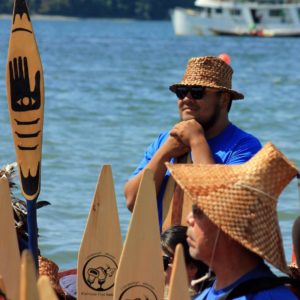
Carrie Chard, Barkerville Historic Town & Park
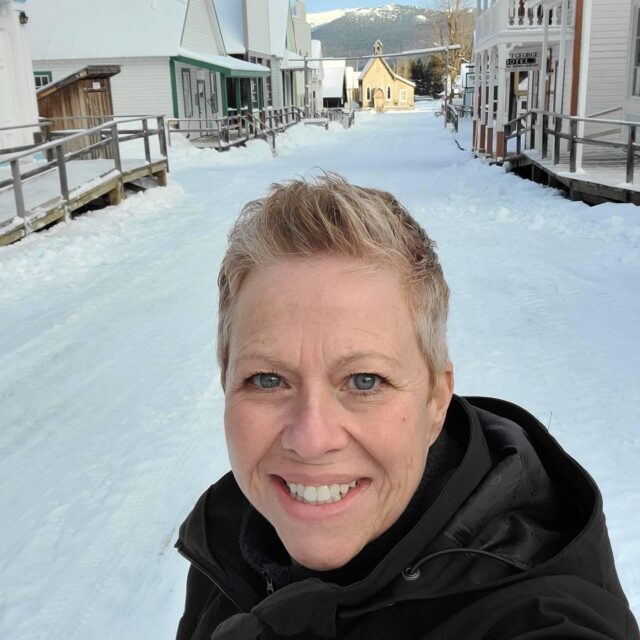 Operations Manager, Barkerville Historic Town & Park
Operations Manager, Barkerville Historic Town & Park
Fire Chief, Wells Volunteer Fire Brigade, District of Wells, BC
Carrie Chard works out of the main Barkerville Townsite (86km east of Quesnel) and manages and oversees Cottonwood Historic Site (32km east Of Quesnel). Carrie grew up in Abbotsford before heading north in 1995 in search of adventure. She earned a business degree and has since worked in and learned about a number of disparate industries including restaurants, sales, and forestry. Carrie worked in a sawmill and planer as well as a pulp and paper mill. Many years of heavy industrial work, safety planning, firefighting, heavy equipment operation, and a Red Seal brought her to where she is today. Growing up and visiting Barkerville and Cottonwood House with her family every summer, Carrie finds it surreal to be responsible for protection and security of these amazing places that hold so many personal memories.
Roger Tinney, Heritage Branch
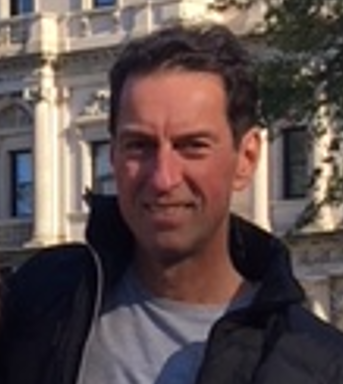 Roger Tinney has been working in heritage planning and design for over 30 years. Formerly Principal at Tinney and Associates for land planning and design, Roger now works at the Provincial Heritage Branch managing the oversight of provincial heritage sites, including Hat Creek Ranch and Barkerville Historic Town and Park.
Roger Tinney has been working in heritage planning and design for over 30 years. Formerly Principal at Tinney and Associates for land planning and design, Roger now works at the Provincial Heritage Branch managing the oversight of provincial heritage sites, including Hat Creek Ranch and Barkerville Historic Town and Park.
In addition to his position at the Provincial Heritage Branch, Roger takes part in the City of Victoria Heritage Advisory Committee,
the City of Victoria Advisory Planning Committee, the Victoria Civic Heritage Trust Architectural Conservation Committee and the Victoria Civic Heritage Trust Board of Directors and Chair.
Leslie Norman, Pitt Meadows Museum
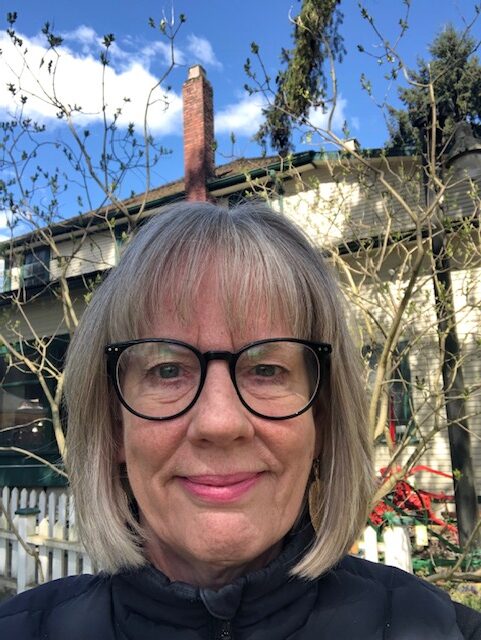 Leslie Norman, a graduate of the Classical Studies program at UBC, has been the Curator/Manager at the Pitt Meadows Museum and Archives since late 1995. Prior to that time she was with the Fraser Fort George Regional Museum (now The Exploration Place) in Prince George. The mother of two grown daughters, she was born and raised on the North Shore of Vancouver, and now resides in Coquitlam, BC with her husband Bjorn and her dog Gabby.
Leslie Norman, a graduate of the Classical Studies program at UBC, has been the Curator/Manager at the Pitt Meadows Museum and Archives since late 1995. Prior to that time she was with the Fraser Fort George Regional Museum (now The Exploration Place) in Prince George. The mother of two grown daughters, she was born and raised on the North Shore of Vancouver, and now resides in Coquitlam, BC with her husband Bjorn and her dog Gabby.
Moderated by:
Failure to Communicate
3:30 – 4:30 PM PT
Join conference delegates from across the province and beyond for an informal meetup to kick off the first Joint Conference. Collaboration can work wonderfully and be beneficial for everyone involved. But it also brings with it some unique challenges, unexpected growing pains and a whole host of opportunities for miscommunication. Sound familiar? We invite all delegates to come and share their stories. Get to know other delegates, the Heritage BC and BCMA team, and chat in a casual setting. This event will not be recorded.
Check out our special webinar from this theme’s sponsor:
Demystifying Unions
In this webinar, Kari Michaels, Executive Vice President of the BCGEU, will explore what a union is, how they work, the steps required to unionize and what changes if you form a union.
May 11: Leadership & Governance
Now, more than ever, arts, culture, and heritage organizations are being called upon to take leadership roles and reimagine how we support our communities. At the same time, many organizations are rethinking how they are led and governed. Come together with a network of your peers and explore the question, “if the COVID-19 pandemic disrupted the status quo, what comes next?”
Wednesday
May 11
Theme sponsored by the Cultural Resource Management Program at the University of Victoria
Activism in Memory Institutions Panel
9:30 – 10:45 AM PT
What does it mean to be an “activist” museum? How can culture and heritage sites become places of activism. Author Kirsty Robertson will provide a short introduction on protest and activism in Canadian museums, followed by a discussion that highlights examples of disruption and activism in memory institutions in BC.
Panelists:
Cheryl Chapman, Aboriginal Affects Consulting & Barkerville Historic Town and Park
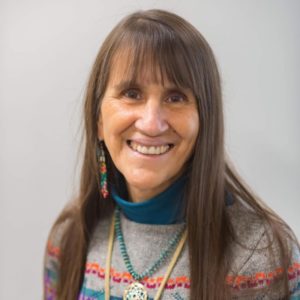 Lead Consultant, Aboriginal Affects Consulting
Lead Consultant, Aboriginal Affects Consulting
Building & Sharing Connections
in Partnership with Barkerville Historic Town & Park
Cheryl Chapman is a member of the Xatśūll First Nation. With over 40 years of experience working with Indigenous and non-Indigenous people, communities, businesses, and all levels of government. Cheryl excels at capacity building, sustainable community development, and building mutually beneficial relationships.
An advocate for inclusive communities, Cheryl developed Aboriginal Affects Consulting in 2003 when she recognized the need and opportunities to create meaningful relationships and understanding through respectful communication and truth telling. Her passion is education through heritage tourism and she seizes every opportunity to share her ancestral stories, which are based in cultural values, research and experiences. Cheryl is a traditional dancer, drummer and singer.
Facilitating personal and career development programs which bring forward personal truths for inclusion of individual, community and corporate values that enhance the knowledge and understanding of all participants.
Find Cheryl on LinkedIn.
June Chow, Youth Collaborative for Chinatown – 青心在唐人街
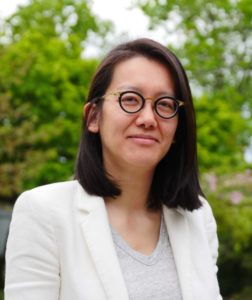 Youth Collaborative for Chinatown, and UBC Master of Archival Studies candidate
Youth Collaborative for Chinatown, and UBC Master of Archival Studies candidate
June Chow 周慕慈 is the recipient of two BC Heritage Awards and a BC Museums Association Award as a member of robust community teams and programs in and involving Vancouver’s Chinatown. She is a co-founder of Youth Collaborative for Chinatown 青心在唐人街 whose work advances the understanding, appreciation and practice of the tangible and intangible cultural heritage of these historic neighbourhoods locally and across Canada. The group’s work has challenged and helped shape City of Vancouver policies on public space, public art, cultural planning and legacy business support. June is currently in the Master of Archival Studies program at UBC where she researches and practices community archives across Chinatown and Chinese Canadian contexts. A Cantonese-speaking second-generation settler, she has served on the board of her Chinese clan association for almost a decade.
Find the Youth Collaborative for Chinatown on Facebook, Instagram and Twitter.
Moderated by:
Kirsty Robertson, author of “Tear Gas Epiphanies: Protest, Museums, Culture”
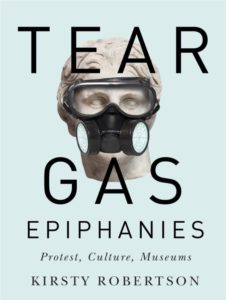 Professor of Museum and Curatorial Studies, Centre for Sustainable Curating, Western University
Professor of Museum and Curatorial Studies, Centre for Sustainable Curating, Western University
Kirsty Robertson is Professor of Contemporary Art and Director of Museum and Curatorial Studies at Western University where she also directs the Centre for Sustainable Curating. Her pedagogy involves curating large-scale speculative and experimental exhibitions with students. In her academic work, Robertson has published widely on activism, visual culture and museums culminating in her book Tear Gas Epiphanies: Protest, Museums, Culture (McGill-Queen’s University Press, May 2019). Her work on museums has expanded into a new project focused on small and micro- collections that repurpose traditional museum formats for critical and politically radical projects. In addition, Robertson is a founding member of the Synthetic Collective, a group of artists, scientists and cultural researchers working on plastics pollution in the Great Lakes Region and project co-lead on A Museum for Future Fossils, an ongoing “vernacular museum” focused on responding curatorially to ecological crisis.
Find Kirsty online at:
@centreforsustainablecurating
@kirsty_roberso
www.kirstymairirobertson.com
www.sustainablecurating.ca
Culture & Heritage SLAM!
11:15 – 12:30 PM
The Heritage SLAM! has long been Heritage BC conference staple. Inspired by Pecha Kucha and Ignite events, these rapid fire talks give attendees the opportunity to showcase their best, most innovative and exciting projects in a fast-paced and fun event.
For the 2022 Joint Conference, we are putting a twist on this popular event. Join us for the first ever Culture & Heritage SLAM! and be inspired by recent wins and triumphs of your colleagues across the sector.
Presenters
Monica Braun – Chilliwack Heritage Society’s video series “On the Porch”
Laura Saimoto – Lillooet Memorial Garden
Tammy Bradford – Logging Arch Restoration at Creston Museum
Eric Anderson – The Forest History Association of BC’s oral history digitization project
Winnie Cheung & Patara McKeen – Pacific Canada Heritage Centre/Museum of Migration Society
Deron Johnston – Britannia Mine Museum
The three-headed hydra: benefits, limitations, and opportunities in cultural governance
1:00 – 2:15 PM PT
Jules André-Brown will explore the history, present, and future of governance models surrounding arts, culture, and heritage organizations. In addition, the talk will examine the relationships, purposes, and opportunities between boards, operations, and the communities they serve. The session will conclude by looking at the emerging research on what transformative and radical governance practices are in reach today.
Learn more about Jules André-Brown
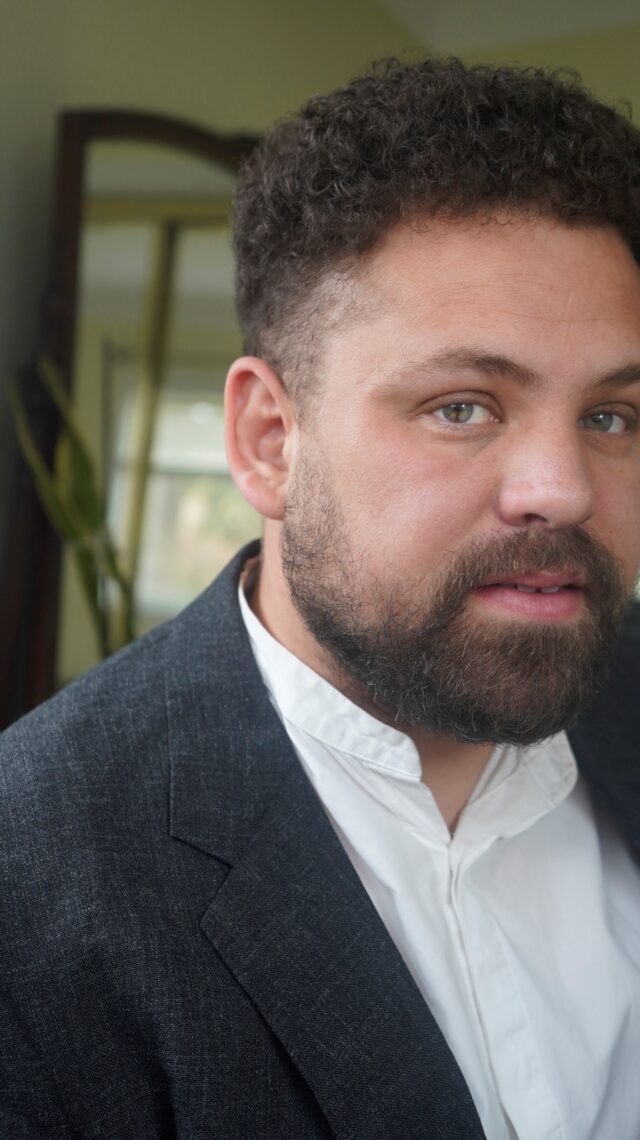 Jules André-Brown is a leadership consultant specializing in the governance of arts organizations. Jules is involved in music and arts organizations across BC, and his recent graduate work looks at how young people see the future of leadership in arts organizations. He has previously served as the board chair of the student lead CiTR radio and Discorder magazine. In addition, Jules has worked in non-profit social services supporting the advocacy for people with disabilities. Jules is also a founding member of the International Leadership Association’s Arts & Leadership community. In 2022, Jules was appointed by the Hon. Melanie Mark, HLI HAYKWHL ẂII XSGAAK to the B.C. Arts Council.
Jules André-Brown is a leadership consultant specializing in the governance of arts organizations. Jules is involved in music and arts organizations across BC, and his recent graduate work looks at how young people see the future of leadership in arts organizations. He has previously served as the board chair of the student lead CiTR radio and Discorder magazine. In addition, Jules has worked in non-profit social services supporting the advocacy for people with disabilities. Jules is also a founding member of the International Leadership Association’s Arts & Leadership community. In 2022, Jules was appointed by the Hon. Melanie Mark, HLI HAYKWHL ẂII XSGAAK to the B.C. Arts Council.
Heritage and Culture as Community Leaders
3:00 – 4:00 PM PT
How can culture and heritage organizations be better advocates for our communities? Featuring the Nikkei National Museum and Cultural Centre, which blends community centre and museum in a shared space, the Chinese Canadian Museum, which will be based in a heritage building with a history that reflects the community it serves, and the Nanaimo Art Gallery and their ongoing efforts to become a space for gathering in their community.
Panelists:
Sherri Kajiwara, Nikkei National Museum
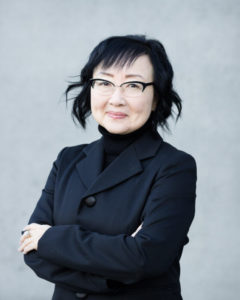 Sherri is Director|Curator at the Nikkei National Museum & Cultural Centre in Burnaby. She is honoured to work, live, and play on the traditional, ancestral, and unceded territories of the Coast Salish, including the xʷməθkʷəy̓əm. Sḵwx̱wú7mesh Úxwumixw, səl̓ilwətaɁɬ, and kʷikʷəƛ̓əm First Nations. Sherri has been a fine-arts professional since 1992 as a gallerist, gallery director, gallery owner, writer, editor, publisher, and curator. She is a graduate of the Sauder School of Business at UBC and of the Board of Trade’s Leadership Vancouver program. She co-owned the Bjornson Kajiwara Gallery from 2004 – 2008, and launched an online arts communications company, Vantage Art Projects, 2009-2015, to create parallel opportunities for artists through satellite exhibitions and on-demand prints and publications. Sherri remains passionate about communication and collaboration to support creativity. She is dedicated to the mission of honouring, preserving, and sharing Japanese Canadian history and Japanese culture in Canada.
Sherri is Director|Curator at the Nikkei National Museum & Cultural Centre in Burnaby. She is honoured to work, live, and play on the traditional, ancestral, and unceded territories of the Coast Salish, including the xʷməθkʷəy̓əm. Sḵwx̱wú7mesh Úxwumixw, səl̓ilwətaɁɬ, and kʷikʷəƛ̓əm First Nations. Sherri has been a fine-arts professional since 1992 as a gallerist, gallery director, gallery owner, writer, editor, publisher, and curator. She is a graduate of the Sauder School of Business at UBC and of the Board of Trade’s Leadership Vancouver program. She co-owned the Bjornson Kajiwara Gallery from 2004 – 2008, and launched an online arts communications company, Vantage Art Projects, 2009-2015, to create parallel opportunities for artists through satellite exhibitions and on-demand prints and publications. Sherri remains passionate about communication and collaboration to support creativity. She is dedicated to the mission of honouring, preserving, and sharing Japanese Canadian history and Japanese culture in Canada.
E: skajiwara@nikkeiplace.org
W:www.centre.nikkeiplace.org
Find the museum on Facebook, Instagram and Twitter.
Carolyn Holmes, Nanaimo Art Gallery
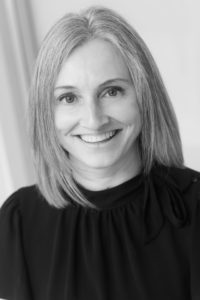 Carolyn and her family moved to the gorgeous Snuneymuxw territory in 2020. She joined the team at Nanaimo Art Gallery as Executive Director. Carolyn has a passion for community engagement and believes strongly in the potential of art galleries to connect people and create community. She holds a Bachelor of Fine Arts degree from Queen’s University in studio arts, a Masters of Museum Studies degree from the University of Toronto and has been working in art galleries since the age of sixteen. When not at the Gallery, Carolyn can be found gardening, hiking, exploring the region or catching up on Reality TV.
Carolyn and her family moved to the gorgeous Snuneymuxw territory in 2020. She joined the team at Nanaimo Art Gallery as Executive Director. Carolyn has a passion for community engagement and believes strongly in the potential of art galleries to connect people and create community. She holds a Bachelor of Fine Arts degree from Queen’s University in studio arts, a Masters of Museum Studies degree from the University of Toronto and has been working in art galleries since the age of sixteen. When not at the Gallery, Carolyn can be found gardening, hiking, exploring the region or catching up on Reality TV.
Find the Nanaimo Art Gallery on Facebook, Instagram and Twitter.
Sarah Ling, Chinese Canadian Museum
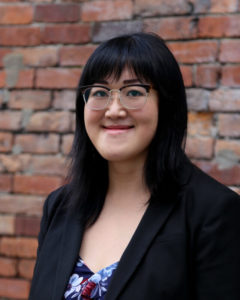 She oversees the development and implementation of the CCM’s public programs and outreach initiatives. She holds a BA in English Literature with a minor in First Nations and Indigenous Studies, and a MA in Interdisciplinary Studies from the University of British Columbia, with a community-centered research background in Chinese and Indigenous relations on Musqueam territory. Born and raised in Prince Rupert, northern BC on Ts’msyen (Tsimshian) territory, she is delighted to establish relationships in support of building the first Chinese Canadian Museum with individuals and community partners across the province. She is an active volunteer in Vancouver Chinatown and serves as chair of the Chinese Canadian Historical Society of BC. She was producer of the documentary All Our Father’s Relations (2016) and co-directed the documentary film series Keys to Living Heritage (2021).
She oversees the development and implementation of the CCM’s public programs and outreach initiatives. She holds a BA in English Literature with a minor in First Nations and Indigenous Studies, and a MA in Interdisciplinary Studies from the University of British Columbia, with a community-centered research background in Chinese and Indigenous relations on Musqueam territory. Born and raised in Prince Rupert, northern BC on Ts’msyen (Tsimshian) territory, she is delighted to establish relationships in support of building the first Chinese Canadian Museum with individuals and community partners across the province. She is an active volunteer in Vancouver Chinatown and serves as chair of the Chinese Canadian Historical Society of BC. She was producer of the documentary All Our Father’s Relations (2016) and co-directed the documentary film series Keys to Living Heritage (2021).
Find Sarah on Twitter.
Find the Chinese Canadian Museum on Twitter and Instagram.
Moderated by:
Imogene Lim, Vancouver Island University
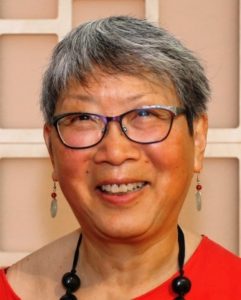 A descendant of Cumberland and Vancouver’s Chinatown and anthropologist by trade, Dr. Lim’s expertise on Chinese Canadian communities, especially on Vancouver Island, spans well over two decades and her work has included numerous collaborations with local museums. She is a founding member of the Chinese Canadian Historical Society of BC, and worked with the BC Legacy Initiatives Advisory Council on the Historic Sites and Celebration book projects. She co-developed the exhibit, 150 Years and Counting: Fighting for Justice on the Coast (2017), and served as a member of the exhibition advisory committee for the Museum of Vancouver’s (MOV) A Seat at the Table (2020). In 2021, she was awarded the Province of BC Medal for Good Citizenship.
A descendant of Cumberland and Vancouver’s Chinatown and anthropologist by trade, Dr. Lim’s expertise on Chinese Canadian communities, especially on Vancouver Island, spans well over two decades and her work has included numerous collaborations with local museums. She is a founding member of the Chinese Canadian Historical Society of BC, and worked with the BC Legacy Initiatives Advisory Council on the Historic Sites and Celebration book projects. She co-developed the exhibit, 150 Years and Counting: Fighting for Justice on the Coast (2017), and served as a member of the exhibition advisory committee for the Museum of Vancouver’s (MOV) A Seat at the Table (2020). In 2021, she was awarded the Province of BC Medal for Good Citizenship.
May 18: Redress
Redress is defined as “to set something right.” From our collections, to the stories we tell, to the very lands we occupy, arts, culture, and heritage organizations have a history of contributing to injustice and now have a responsibility to set things right. Join colleagues on the final day of the conference and explore actions we can take today as organizations and individuals to build on truth and reconciliation and redress injustice.
Please visit the 2022 BC Museums Week page for additional content and an example on moving beyond reconciliation. Click here.
Decolonization in Practice Panel
10:30 – 11:45 AM PT
What does decolonization look like in practice? Highlighting examples of meaningful steps being taken by institutions big and small. The panelists will talk about the new exhibit Standing in the Gap by Cecil Dawson at Museum at Campbell River, the SISȻENEM title transfer to W̱SÁNEĆ Leadership Council, and the Burnaby Heritage Policy review.
Panelists:
Hereditary Chief G̱ixkastallasame-gi Cecil Dawson, Ninalk’inuxw, Artist
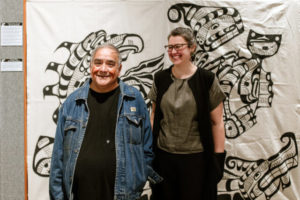 Hereditary Chief ; Master Carver and Master Painter, Ninalk’inuxw
Hereditary Chief ; Master Carver and Master Painter, Ninalk’inuxw
Cecil Dawson’s early years were spent in Kingcome Inlet with his paternal Grandmother Louisa Dawson (née Coon) and fishing with his father from an early age. He spoke only Kwak̓wala until he was nearly school aged when his family moved to Campbell River. Weekends were spent in Alert Bay with his maternal Grandparents, James and Mary Dick, learning about his family history, their community connections, dances, songs and regalia, and other important cultural practices such as smoking fish, and carving cedar.
After graduating from High School he enrolled in the Kootenay School of Art in Nelson, BC. Upon completion of the program, he began carving with his grandfather’s knives and has never looked back.
Today, Cecil is a Hereditary Chief, G̱ixkastallasame-gi, taking up his father’s position at a Potlatch in 2015. He describes himself as a master painter who also carves. He has worked over many years to uplift his family, making regalia, and continuing to potlatch, his most recent was held in Alert Bay in August 2019.
Find Cecil on Instagram.
Beth Boyce, Museum at Campbell River
Curator, Museum at Campbell River
 Beth Boyce is a third generation Canadian, her family immigrated to the west coast from Ireland, Scotland and Guernsey. Growing up on the coast, she split her time between parents in Nanaimo and Prince Rupert. Beth completed a Bachelor of Arts in History from the University of Victoria, followed by a Master’s Degree in Art Conservation from Queen’s University, where she specialized in the treatment of archaeological waterlogged basketry and ethnographic artifacts. She has been privileged to work as the Curator for the Museum at Campbell River since 2013.
Beth Boyce is a third generation Canadian, her family immigrated to the west coast from Ireland, Scotland and Guernsey. Growing up on the coast, she split her time between parents in Nanaimo and Prince Rupert. Beth completed a Bachelor of Arts in History from the University of Victoria, followed by a Master’s Degree in Art Conservation from Queen’s University, where she specialized in the treatment of archaeological waterlogged basketry and ethnographic artifacts. She has been privileged to work as the Curator for the Museum at Campbell River since 2013.
Find the Museum on Facebook and Instagram.
You can also email her.
Cathy Armstrong, The Land Conservancy
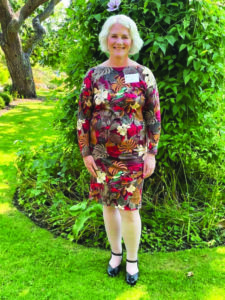 Cathy Armstrong has been Executive Director of TLC The Land Conservancy of BC (TLC) since 2015.
Cathy Armstrong has been Executive Director of TLC The Land Conservancy of BC (TLC) since 2015.
TLC recently entered into a partnership agreement with W̱SÁNEĆ Leadership Council that will transfer title of SISȻENEM, a 9.67-acre island off the east coast of Sidney Island, from the charitable land trust to the W̱SÁNEĆ Leadership Council as an act of reconciliation. The transfer will be historically significant as the first of its kind between a land trust and an Indigenous community in Canada. TLC will work together with the W̱SÁNEĆ Leadership Council to draft and register a conservation covenant and develop a co-management plan that will incorporate Indigenous land management principles to provide access for cultural, education, research, and monitoring purposes.
SISȻENEM (pronounced Cease-kwa-nem) is an important cultural place where W̱SÁNEĆ people would fish for cod, collect traditional medicines, and harvest camas.
Find The Land Conservancy on Facebook, Instagram and Twitter.
Kamala Todd, Indigenous City Media
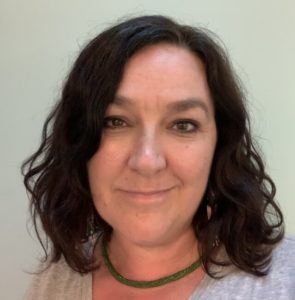 Director, Indigenous City Media
Director, Indigenous City Media
Kamala Todd is a Métis-Cree mother, community planner, curator, and filmmaker born and raised in the beautiful lands of the hən̓q̓əmin̓əm̓ and Skwxwú7mesh-speaking people (aka Vancouver). She is adjunct professor at SFU Urban Studies and UBC SCARP. She was the City of Vancouver’s first Indigenous Arts and Culture Planner. Her film credits include Welcome to Our Homelands, Cedar and Bamboo, RELAW: Living Indigenous Laws, and Indigenous Plant Diva. She advises local governments and other organizations on decolonizing with a focus on planning, heritage, public art, education, and other areas of systemic colonialism.
Moderated by:
Miranda Jimmy
 Miranda Jimmy is a passionate Edmontonian and member of Thunderchild First Nation. She is a community connector and fierce defender of truth. Miranda is committed to the spirit and intent of the Treaty relationship and finds ways each day to demonstrate to others what this looks like.
Miranda Jimmy is a passionate Edmontonian and member of Thunderchild First Nation. She is a community connector and fierce defender of truth. Miranda is committed to the spirit and intent of the Treaty relationship and finds ways each day to demonstrate to others what this looks like.
Miranda’s professional life has focused on contributing to her community in a variety of ways. She has training in arts and cultural management, conflict resolution and negotiation, and communications. She has made a career in the arts and heritage sector, working with many different non-profit organizations, nations, governments, and private businesses. Currently, Miranda works remotely for the National Trust for Canada part time along with managing a variety of other heritage projects and contracts.
Most of the time, Miranda can be found online sharing her thoughts and amplifying the experiences of Indigenous Peoples on Twitter @TheMirandaJimmy and on her blog at MirandaJimmy.com.
Truth Telling as a Precursor to Reconciliation
12:00 – 1:15 PM PT
In this session, Ry Moran, Canada’s inaugural Associate University Librarian – Reconciliation at the University of Victoria, will explore the vital importance of truth telling in our collective work of reconciliation, healing and peace making. Central in this talk will be the importance of known and unknown histories in these efforts.
Learn about Ry Moran
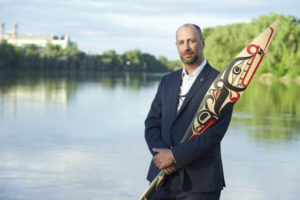 Canada’s inaugural Associate University Librarian – Reconciliation, University of Victoria.
Canada’s inaugural Associate University Librarian – Reconciliation, University of Victoria.
Ry’s role within UVic Libraries’ focuses on building and sustaining relationships to introduce Indigenous approaches and knowledge into the daily work of the Libraries and more broadly across the campus community. In so doing, Ry plays an active role in advancing UVic’s strategic goal of being a globally recognized leader in areas of reconciliation.
Ry came to this position from the National Centre for Truth and Reconciliation (NCTR) hosted by the University of Manitoba. As the founding director, Ry guided the creation of the NCTR from its inception. Along the way, Ry contributed to major national initiatives such as the creation of the National Student Memorial Register, designation of multiple residential schools as national historical sites, development and launch of the Indigenous Peoples Atlas of Canada, and a major educational broadcast which reached over three million Canadians.
Prior to the NCTR, Ry served with the Truth and Reconciliation Commission of Canada (TRC). On the TRC’s behalf, he facilitated the gathering of nearly 7,000 video/audio-recorded statements of former residential school students and millions of pages archival records.
Ry’s life-long passion for the arts and music continues to be an important part of his life as he continues to write and produce original music.
Ry is a distinguished alumnus of the University of Victoria and was awarded a Meritorious Service Cross by the Governor General. Ry is a proud member of the Red River Métis.
What’s in a name?
1:30 – 3:00 PM PT
Geographic names and the policies whose frameworks determine them are changing in British Columbia. This roundtable brings together a number of perspectives to discuss these changes.
Featuring speakers who are actively involved in these discussions, the session will provide insights on what the key considerations are during the policy discussions, the impacts of these policies, and how settler-led organizations can support these changes in their communities. We will hear from the Council of the Haida Nation on their recent name restoration in Haida Gwaii and from the newly re-named settler-led qathet Museum.
Panelists:
Carla Jack, Canada Centre for Mapping and Earth Observation, Natural Resources Canada
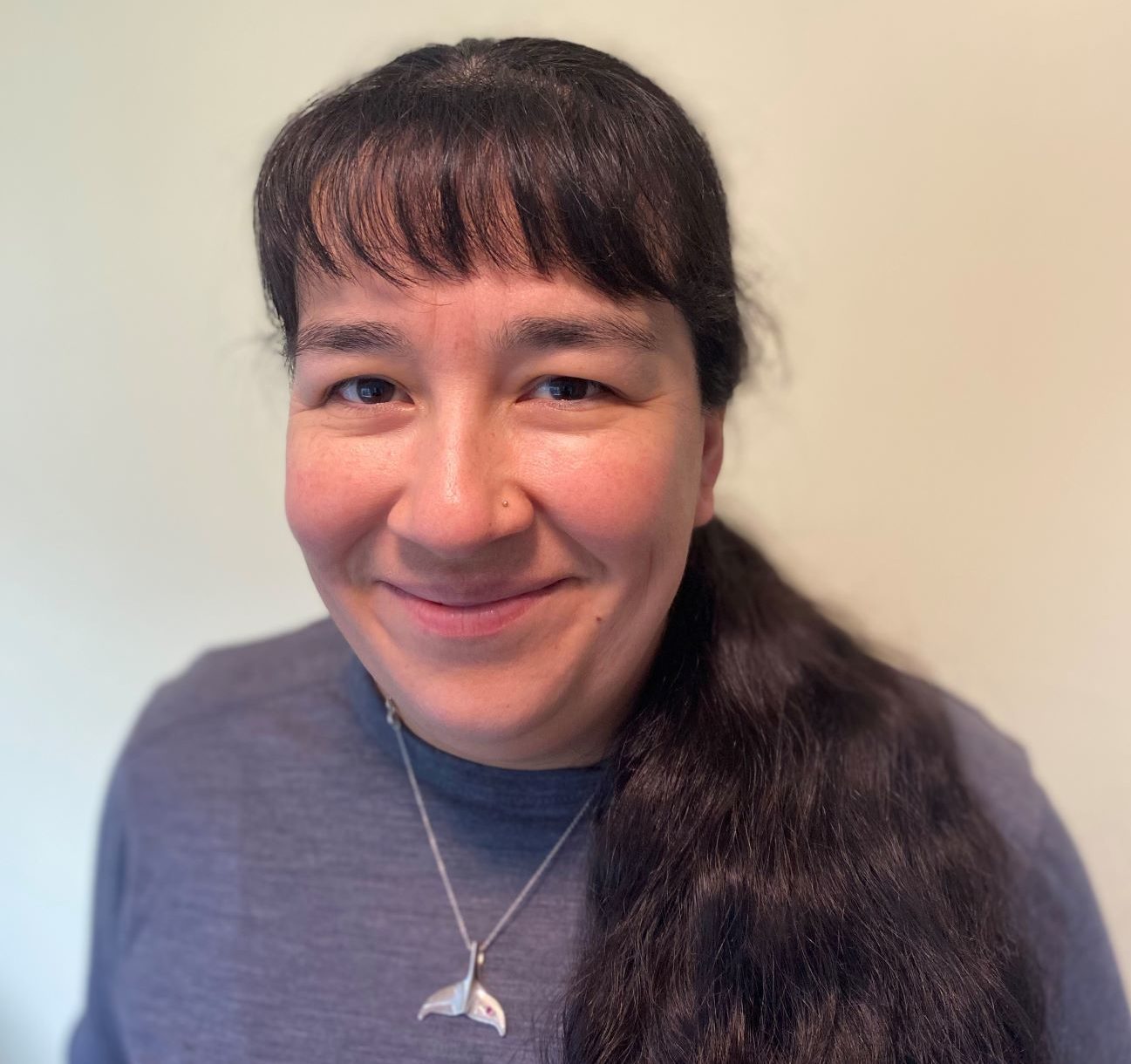
Carla Jack is a member of Penelakut Tribe currently living in Lekwungen Peoples territory (Esquimalt). Passionate about languages, mapping, layers of history on the land and communicating heritage values, Carla delighted to find a career in place naming which brings all those interests (and more) together. As the Provincial Toponymist in the BC Geographical Names Office, Carla enjoyed many years of learning about all areas of the province through its place names, as well as working in partnership with Indigenous governments and communities to restore Indigenous place names to official government maps. Now the Senior Toponymist in the Canada Centre for Mapping and Earth Observation, part of Natural Resources Canada, she currently focuses on place naming at the national and international level by working with the Geographical Names Board of Canada and the United Nations Group of Experts on Geographical Names.
Outside of work, you can find Carla in her garden year-round, growing as many veggies as possible with the ‘help’ of her feisty cat, or wandering the many parks and beaches in southern Vancouver Island with her husband and their doggie-nephew.
Spencer Lindsay, Vancouver Park Board, City of Vancouver
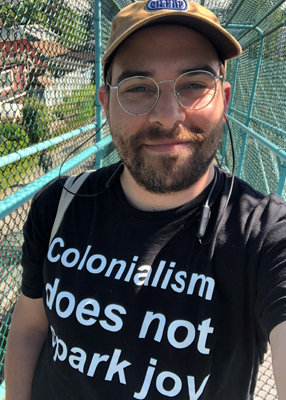 Spencer is a Queer non-binary mixed Métis-Cree planner, advisor and consultant who lives on the unceded ancestral territories of the xʷməθkʷəy̓əm, Sḵwx̱wú7mesh and səlilwətaɬ peoples. As a student, Spencer co-led UBC’s first building naming project in collaboration with xʷməθkʷəy̓əm in their hən̓q̓əmin̓əm̓ language. Later, as the City of Vancouver’s Indigenous Engagement Specialist, they coordinated a quad-lateral process to name two prominent downtown plazas. Spencer currently works as the Reconciliation Planner for the Vancouver Park Board, where their primary project is a first-of-its kind Colonial Audit of the organization.
Spencer is a Queer non-binary mixed Métis-Cree planner, advisor and consultant who lives on the unceded ancestral territories of the xʷməθkʷəy̓əm, Sḵwx̱wú7mesh and səlilwətaɬ peoples. As a student, Spencer co-led UBC’s first building naming project in collaboration with xʷməθkʷəy̓əm in their hən̓q̓əmin̓əm̓ language. Later, as the City of Vancouver’s Indigenous Engagement Specialist, they coordinated a quad-lateral process to name two prominent downtown plazas. Spencer currently works as the Reconciliation Planner for the Vancouver Park Board, where their primary project is a first-of-its kind Colonial Audit of the organization.
Gaad Gas Raven Ryland, Council of the Haida Nation
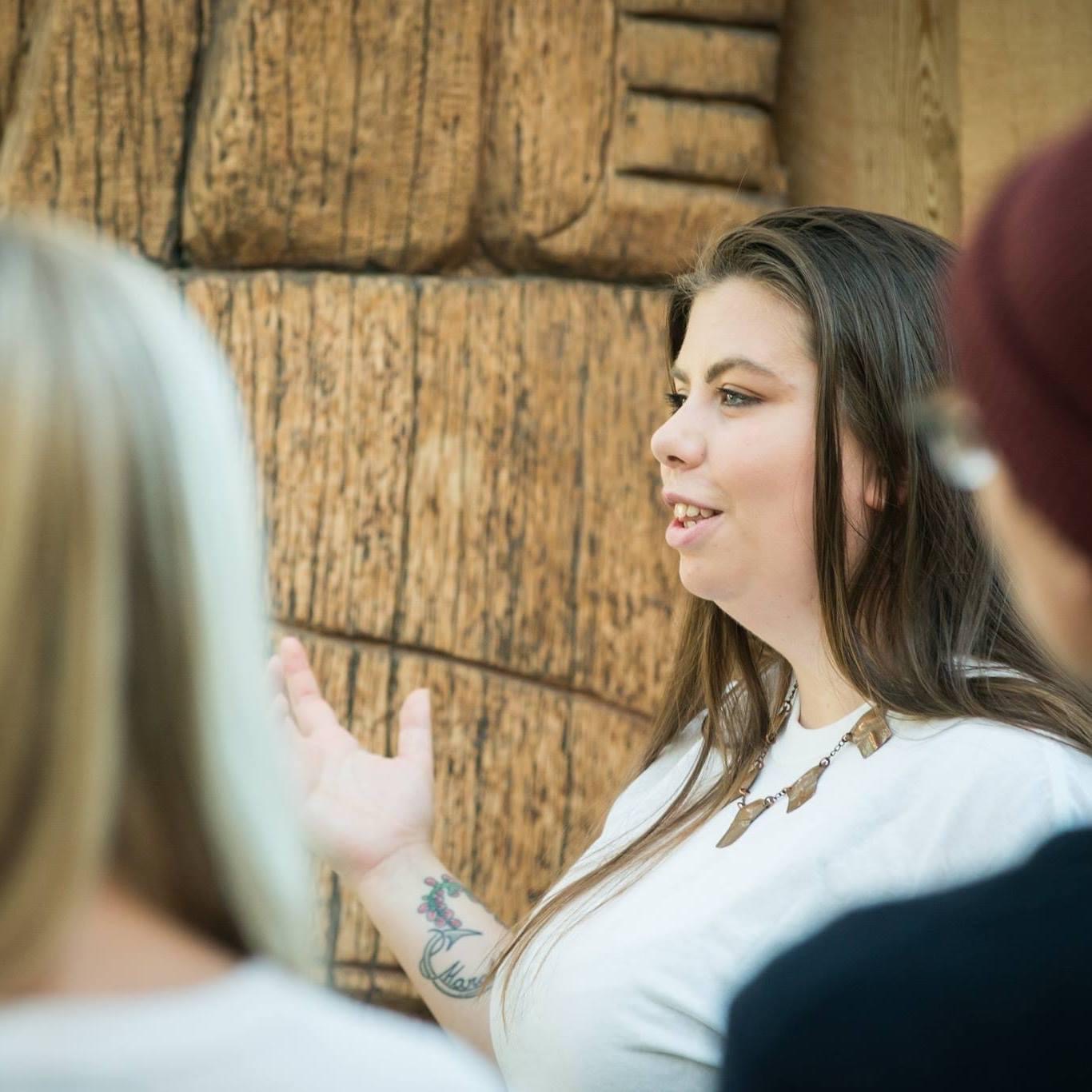
Gaad Gas Raven Ryland is from the Yaahguulaans Raven Clan from Gaw Tlagée Old Massett and is currently living in HlGaagilda Skidegate. She is a Haida language learner, weaver and currently works for the Council of the Haida Nation as the Communications Executive Assistant. Under the Communications Program, Gaad Gas oversees the Culture & Language files which includes the Place Name Restoration project and communicating with the Skidegate Haida Immersion Program and Xaad Kíl Née to ensure proper language use and spelling. On January 7, 2022, CHN in collaboration with the BC Geographical Names Board officially restored 12 Haida place names back to Haida Gwaii.
Joëlle Sévigny, Bill Vernon & William Adams, qathet Museum and Archives (formerly Powell River Museum and Archives)
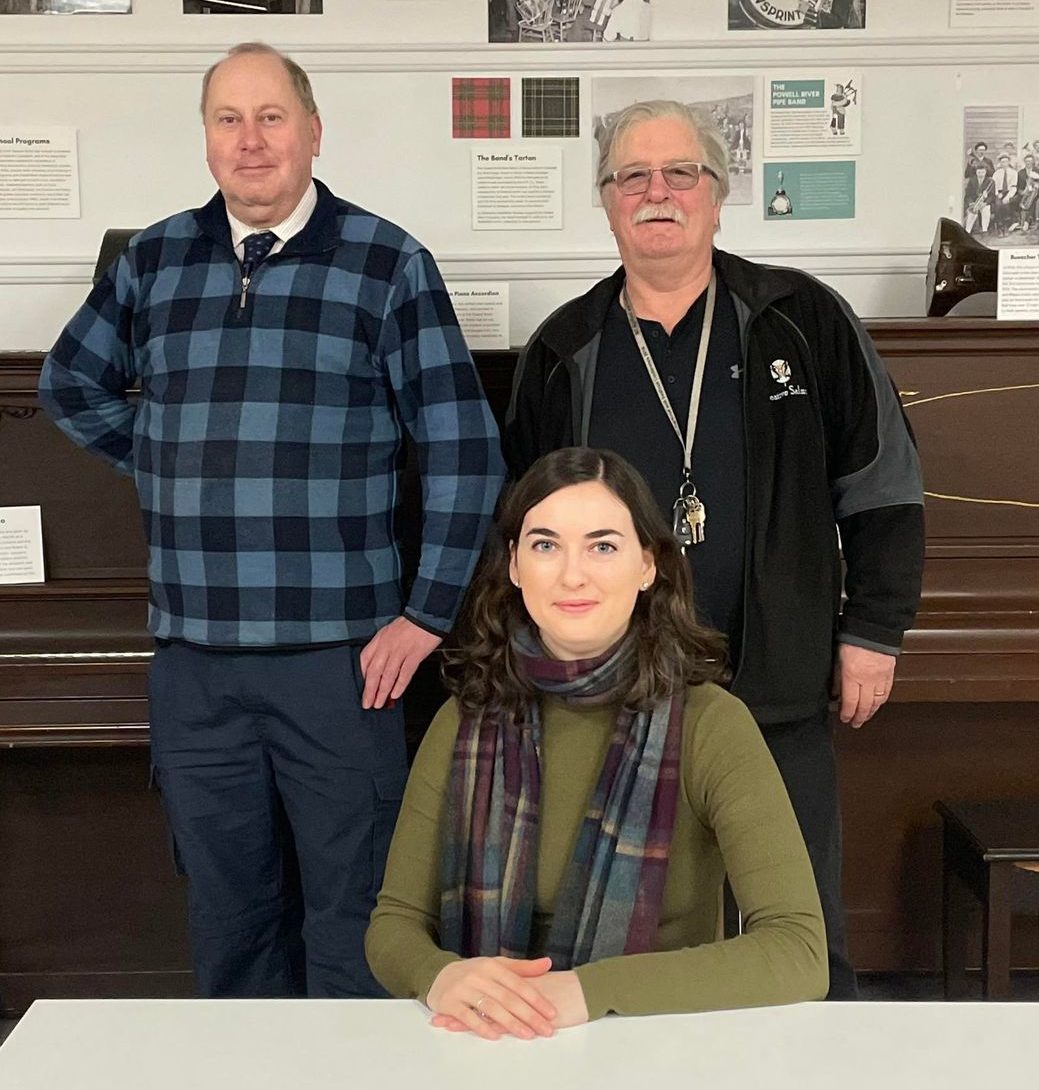 Bill, William, and Joëlle are representing the newly re-named qathet Museum and Archives Society (formerly known as the Powell River Historical Museum and Archives Association), located in the coastal community of Powell River. Bill Vernon is President of the Board of Directors of the qathet Museum and Archives Society, William Adams is the Executive Director, and Joëlle Sevigny is the Programs and Education Manager.
Bill, William, and Joëlle are representing the newly re-named qathet Museum and Archives Society (formerly known as the Powell River Historical Museum and Archives Association), located in the coastal community of Powell River. Bill Vernon is President of the Board of Directors of the qathet Museum and Archives Society, William Adams is the Executive Director, and Joëlle Sevigny is the Programs and Education Manager.
Geneviève Casault, Heritage Branch
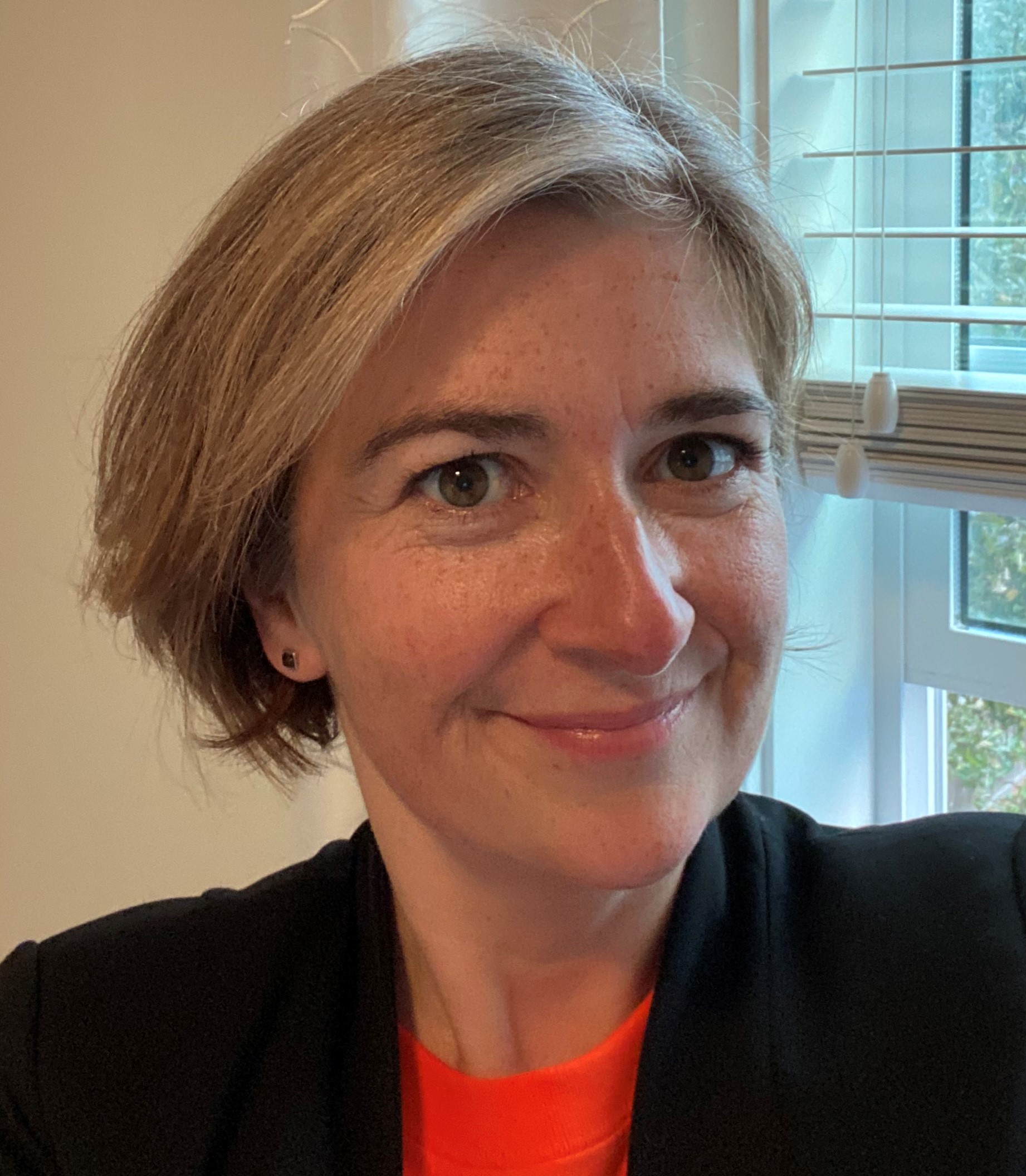 Over the last 20 years, Geneviève gained considerable experience working across multiple organizations in the private, not-for-profit, and public sectors, focusing on strategic and business planning, policy analysis, program development and evaluation, and cultural heritage management. For the past 7 years, she held leadership positions within the BC public service. She joined the Heritage Branch in the fall of 2018 as the Manager of Heritage Programs and Services (Ministry of Tourism, Arts, Culture and Sport), leading the planning, development, implementation and evaluation of province-wide heritage policies, programs and services, which includes overseeing the work of the BC Geographical Names Office.
Over the last 20 years, Geneviève gained considerable experience working across multiple organizations in the private, not-for-profit, and public sectors, focusing on strategic and business planning, policy analysis, program development and evaluation, and cultural heritage management. For the past 7 years, she held leadership positions within the BC public service. She joined the Heritage Branch in the fall of 2018 as the Manager of Heritage Programs and Services (Ministry of Tourism, Arts, Culture and Sport), leading the planning, development, implementation and evaluation of province-wide heritage policies, programs and services, which includes overseeing the work of the BC Geographical Names Office. Originally from Québec, Geneviève moved to Victoria with her husband 10 years ago after living and studying across Canada and Europe. In her downtime, you may find her running along the ocean, spending time in local bookstores, cooking a delicious meal for friends, or enjoying a craft beer served at a local pub near you.
Moderated by:
Julia Hulbert, Vancouver Park Board, City of Vancouver
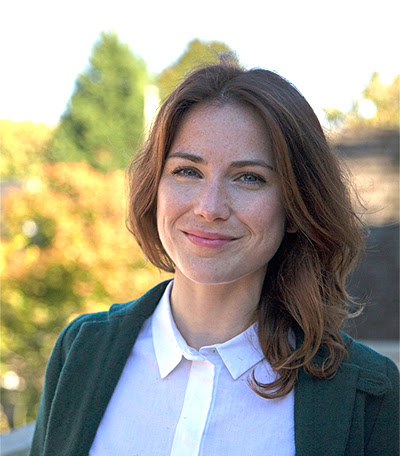 Julia Hulbert is an Arts & Culture Planner with the Vancouver Park Board’s Decolonization, Arts & Culture team at the City of Vancouver. Julia oversees the Park Board’s public art, monuments and memorials program and is currently working with Kamala Todd to develop a new park naming policy and City-wide Commemoration Framework. Her policy and academic interests include decolonization, heritage and commemoration. Julia’s graduate thesis analyzed a municipal heritage program’s response to the Truth & Reconciliation Commission Calls to Actions. Julia served two terms on the City of Vancouver’s Heritage Commission and the Vancouver School Board’s Heritage Advisory Subcommittee. Prior to joining the Park Board, Julia was part of the award-winning consultant team that produced the Create Victoria: Arts & Culture Master Plan (2018) and Maple Ridge’s Cultural Plan Update (2019).
Julia Hulbert is an Arts & Culture Planner with the Vancouver Park Board’s Decolonization, Arts & Culture team at the City of Vancouver. Julia oversees the Park Board’s public art, monuments and memorials program and is currently working with Kamala Todd to develop a new park naming policy and City-wide Commemoration Framework. Her policy and academic interests include decolonization, heritage and commemoration. Julia’s graduate thesis analyzed a municipal heritage program’s response to the Truth & Reconciliation Commission Calls to Actions. Julia served two terms on the City of Vancouver’s Heritage Commission and the Vancouver School Board’s Heritage Advisory Subcommittee. Prior to joining the Park Board, Julia was part of the award-winning consultant team that produced the Create Victoria: Arts & Culture Master Plan (2018) and Maple Ridge’s Cultural Plan Update (2019).
Find Julia online at @jadhulbert.
Closing Remarks
3:00 PM PT
Miranda Jimmy
Learn about Miranda Jimmy
 Miranda Jimmy is a passionate Edmontonian and member of Thunderchild First Nation. She is a community connector and fierce defender of truth. Miranda is committed to the spirit and intent of the Treaty relationship and finds ways each day to demonstrate to others what this looks like.
Miranda Jimmy is a passionate Edmontonian and member of Thunderchild First Nation. She is a community connector and fierce defender of truth. Miranda is committed to the spirit and intent of the Treaty relationship and finds ways each day to demonstrate to others what this looks like.
Miranda’s professional life has focused on contributing to her community in a variety of ways. She has training in arts and cultural management, conflict resolution and negotiation, and communications. She has made a career in the arts and heritage sector, working with many different non-profit organizations, nations, governments, and private businesses. Currently, Miranda works remotely for the National Trust for Canada part time along with managing a variety of other heritage projects and contracts.
Most of the time, Miranda can be found online sharing her thoughts and amplifying the experiences of Indigenous Peoples on Twitter @TheMirandaJimmy and on her blog at MirandaJimmy.com.
Post-Conference Social
3:30 PM PT
Hosted by Miranda Jimmy
To connect at the end of this last day and the end of our Conference, please join us in an informal setting to reflect on the conversations and themes of the event. We are mindful that especially the topics of redress and decolonization are heavy and we would like to provide delegates with an opportunity to come together in a safe(r) space, ask questions and process their thoughts. This will be an unstructured session hosted by Miranda Jimmy and we invite all delegates and speakers to attend if they would like to connect.
The conversations started in Act I of the Joint Conference will continue during Act II, at the in-person event in Victoria this October.
We are grateful for the support of this year’s event sponsors:
Explore to learn more about our sponsors and stay tuned for more information about them throughout the month of May!
Cultural Resource Management Programs
The smart next stop in your career in the cultural sector.
This year’s weekly theme of Leadership and Governance is presented by the Cultural Resource Management Programs at the University of Victoria.
Learn more about the programs available:
BC General Employees’ Union
This year’s weekly theme of Collaboration is presented by the British Columbia General Employees’ Union.
The BCGEU is one of the largest and most diverse unions in British Columbia. We represent over 80,000 members in 550 bargaining units in the private sector and public services.
Eos Lightmedia is our Accessibility Sponsor for our Redress theme.
Lucidea’s commitment to empowering museum professionals with innovative collections management software is unrivaled
Argus is our web-based CMS for museums of all types and sizes; present your collections and digital assets in ways that engage, intrigue, and delight visitors.
 We enable multi-discipline or multi-site museums to create and support cultural communities; open your doors to the world with Argus.
We enable multi-discipline or multi-site museums to create and support cultural communities; open your doors to the world with Argus.

Proudly 100% Canadian owned and operated

The British Columbia Association of Heritage Professionals (BCAHP) is the Western-most chapter of the Canadian Association of Heritage Professionals (CAHP).
BCAHP members include archaeologists, architects, building conservation experts, cultural advisors, cultural landscape specialists, engineers, historians, planners, and more.

Donald Luxton & Associates Inc. is a full service cultural & heritage resource management consulting firm.
Based in Vancouver, our firm offers a diverse range of consulting services in planning, heritage, culture and building technology. We provide progressive and practical solutions to the complicated and evolving issues that surround heritage conservation and cultural resource management today.
